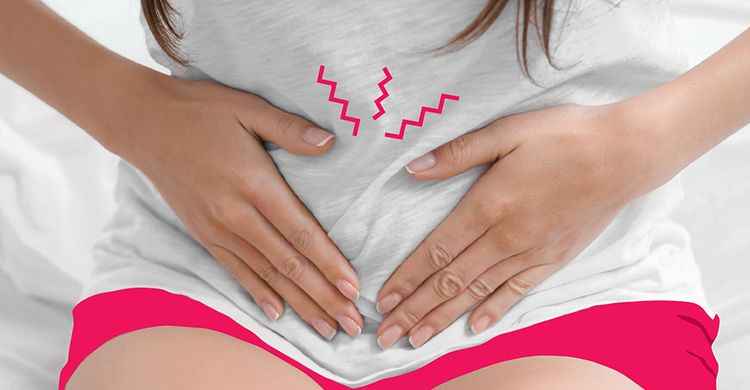
Bartholin cyst is a specific kind of vaginal cyst that develops on each side of the labia, or vaginal lips, close to the opening of the vagina. It is called after the two tiny glands known as the Bartholin glands, which provide the mucus that helps lubricate the vagina. These glands' entrances can occasionally get blocked, which leads to a build-up of fluid inside the gland. A Bartholin's cyst, a generally painless enlargement, is the end outcome. If the cyst's fluid becomes infected, you can develop a pus-filled bump encircled by swollen tissue (abscess).
Symptoms of an abscess (infection) from a Bartholin cyst include:
Pain and discomfort while engaging in sexual activity, walking, sitting, inserting a tampon, or cleaning your hands after using the toilet.
Localized swelling and soreness
Chills or fever
Redness
Drainage from the cyst
The cyst gets bigger
According to experts, a fluid backlog is thought to be the root cause of a Bartholin's cyst. Fluid may build up when the gland's (duct's) entrance gets blocked, either by an infection or an accident.
An abscess may develop from an infected Bartholin's cyst. Escherichia coli (E. coli) and bacteria that cause gonorrhea and chlamydia, which are sexually transmitted illnesses, are only a few of the germs that can cause the infection.
The symptoms determine the course of treatment for Bartholin cysts. A cyst might not require treatment if it is tiny, painless, and doesn't seem infectious. You may develop an abscess if your symptoms worsen or the cyst expands (infection). In extreme circumstances, abscesses could require surgical drainage. Treatment choices might be:
Sitz baths : The doctor might suggest you sit in a bathtub filled with 3 to 4 inches of warm water several times every day for a few days. The diseased cyst could break and drain naturally with its assistance.
Antibiotics : Your doctor may recommend antibiotics if your cyst becomes infected or if testing reveals you have an STI.
Medications : Take over-the-counter pain relievers as indicated to reduce discomfort and agony.
Surgical draining : Surgery may be performed to remove the fluid if your cyst is big and infected. The cyst will be punctured using a tiny tube known as a catheter. The catheter is often maintained in place for many weeks to facilitate full drainage.
Marsupialization : Surgically opening and draining the cyst. The surgeon will next sew the cyst wall's edges together to create a long-lasting open pocket, or "pouch," for continuous draining. Bartholin cysts that reoccur often may benefit from this.
Bartholin gland removal: Surgery to remove the Bartholin's gland may be used in rare situations if the recommended course of therapy fails.
An ectopic pregnancy may be treated in several ways. In some circumstances, your doctor could advise using a drug called methotrexate to halt the pregnancy's progress. Your pregnancy will cease as a result. Your healthcare practitioner will inject you with methotrexate. Although less intrusive than surgery, this method necessitates follow-up visits with your doctor so your hCG levels may be checked.
Surgery is frequently performed in severe cases. If your fallopian tube has already ruptured or if it is potentially ruptured, your doctor will want to operate. This procedure is both a life-saving emergency operation. Laparoscopic surgery is commonly used for operations. If it is possible, the surgeon will try to retrieve the egg from the fallopian tube before removing the entire tube.